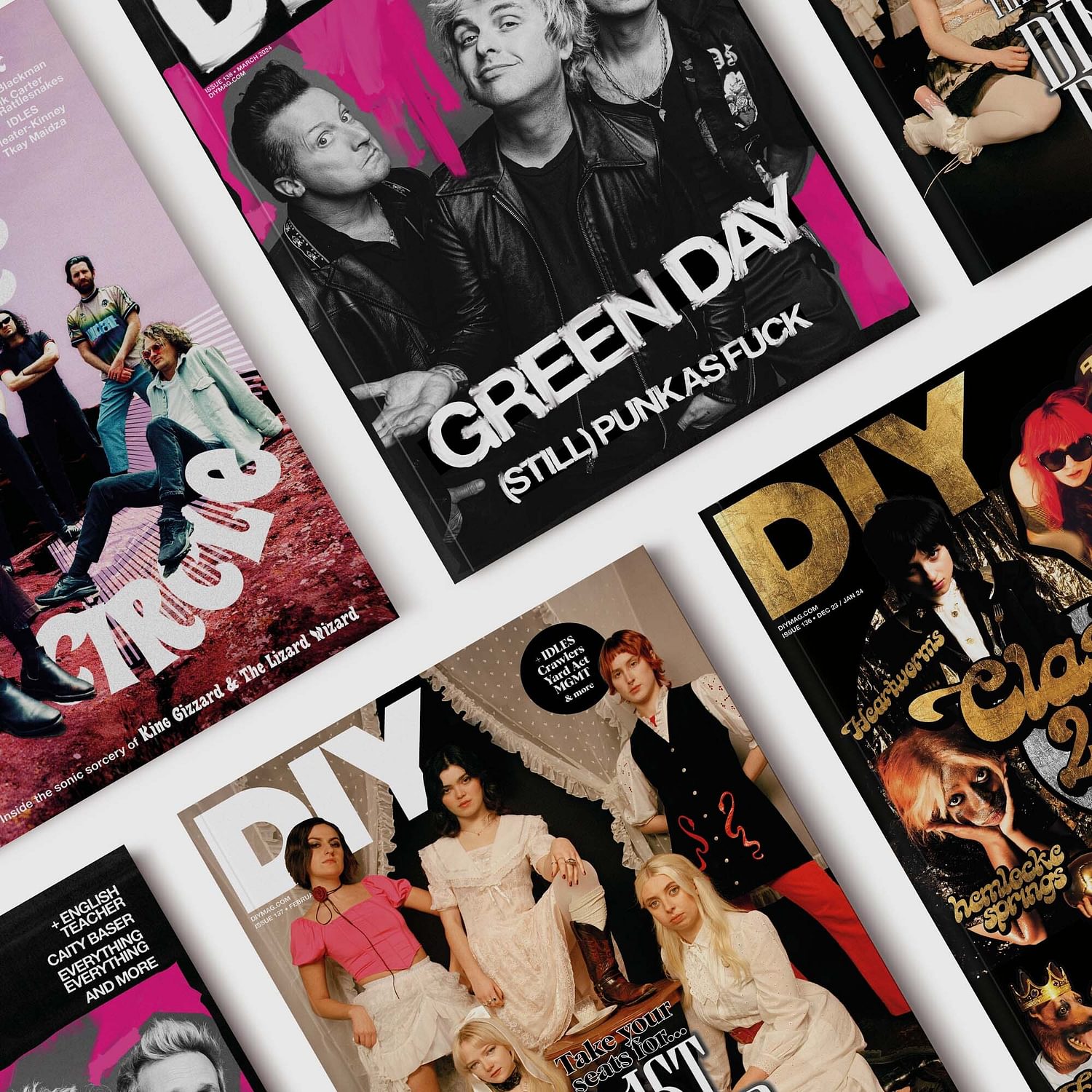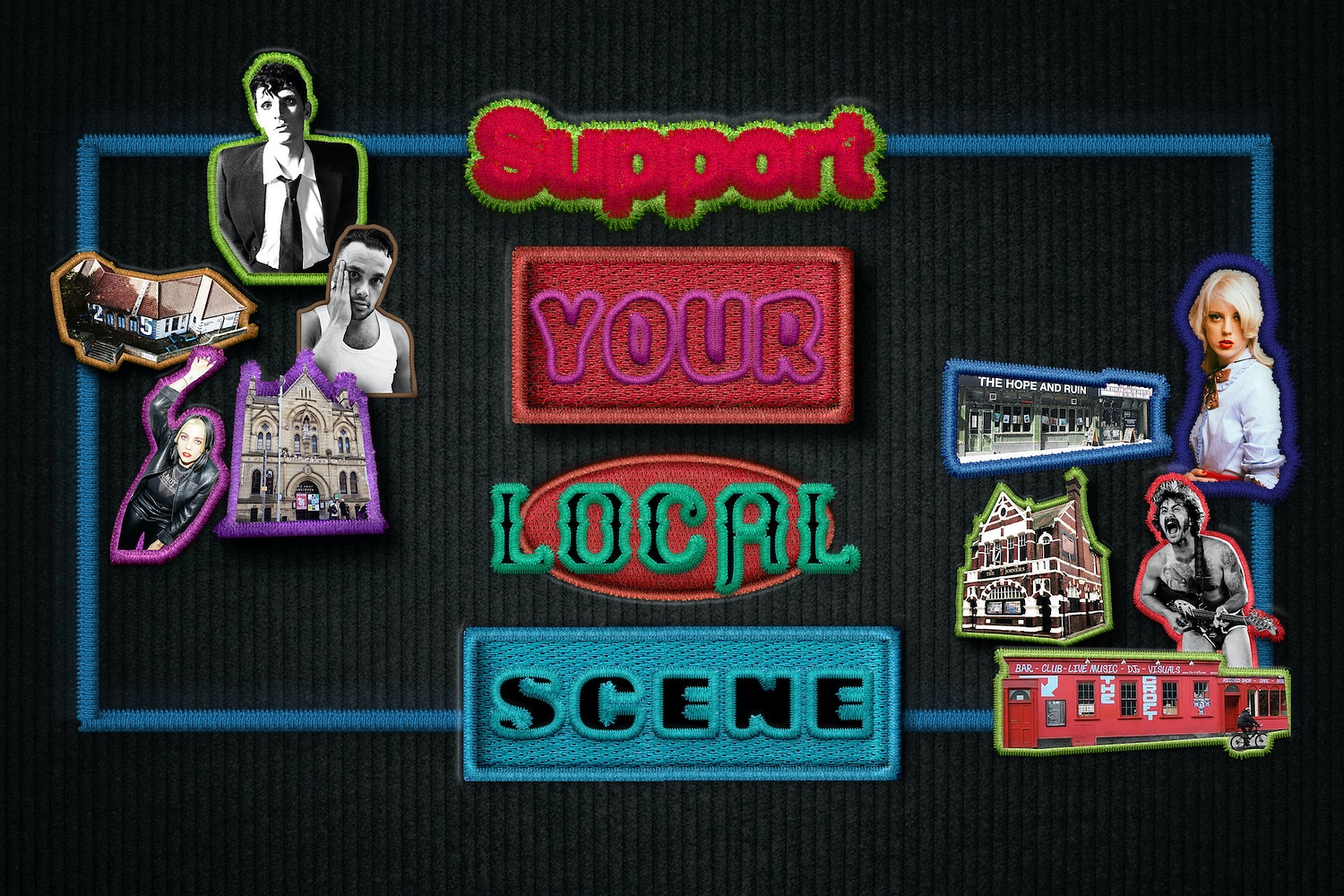
Interview Support Your Local Scene
We asked a load of DIY regulars about the small venues that got them to where they are today.
Since the start of lockdown, #saveourvenues - an initiative launched by the Music Venues Trust, aiming to help grassroots spaces survive the financial fallout of the pandemic - has raised a truly impressive £1.5 million. It’s so far enabled 140 much-loved spaces to be removed from the ‘critical’ list, but there’s still a long way to go before all our favourite mosh spots are safe.
Why should you donate a few hard-earned pennies (if you’re able) to the cause? Because these are the places where culture thrives - where superstars-in-the-making are created and once-in-a-lifetime nights occur. We asked a load of DIY regulars about the small venues that got them to where they are today: give your local venue some love if you can, and find out about the campaign over at www.saveourvenues.co.uk.
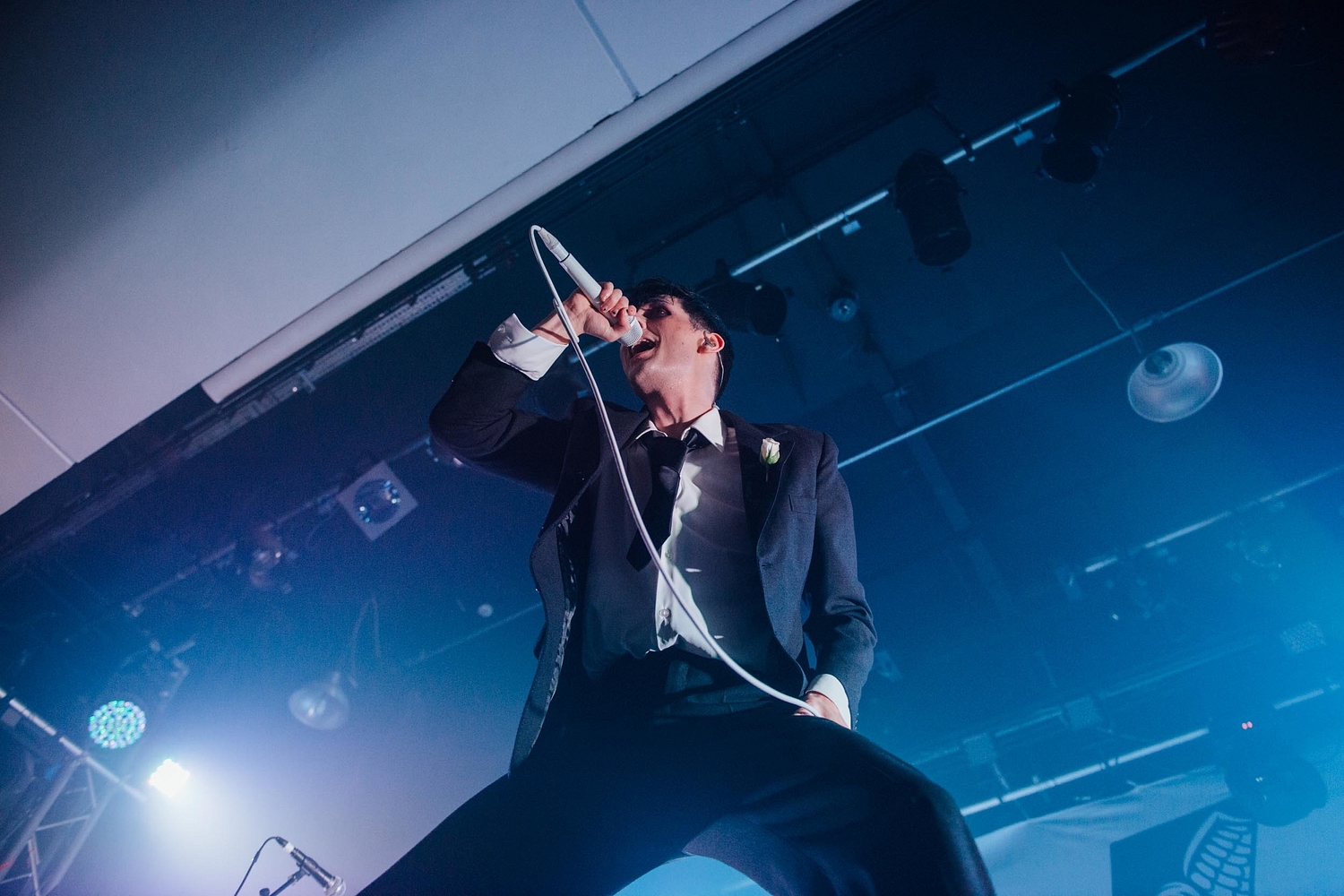
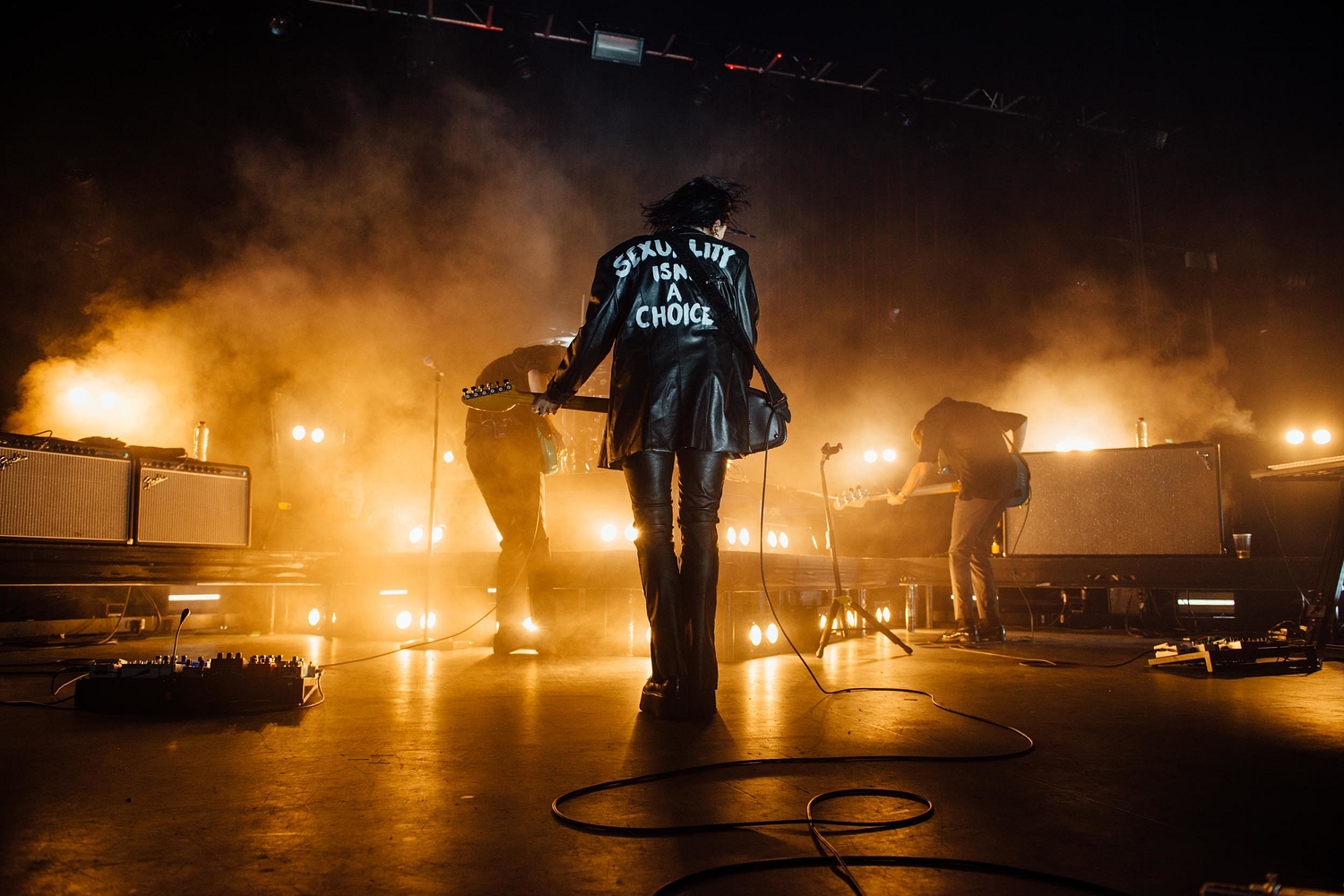
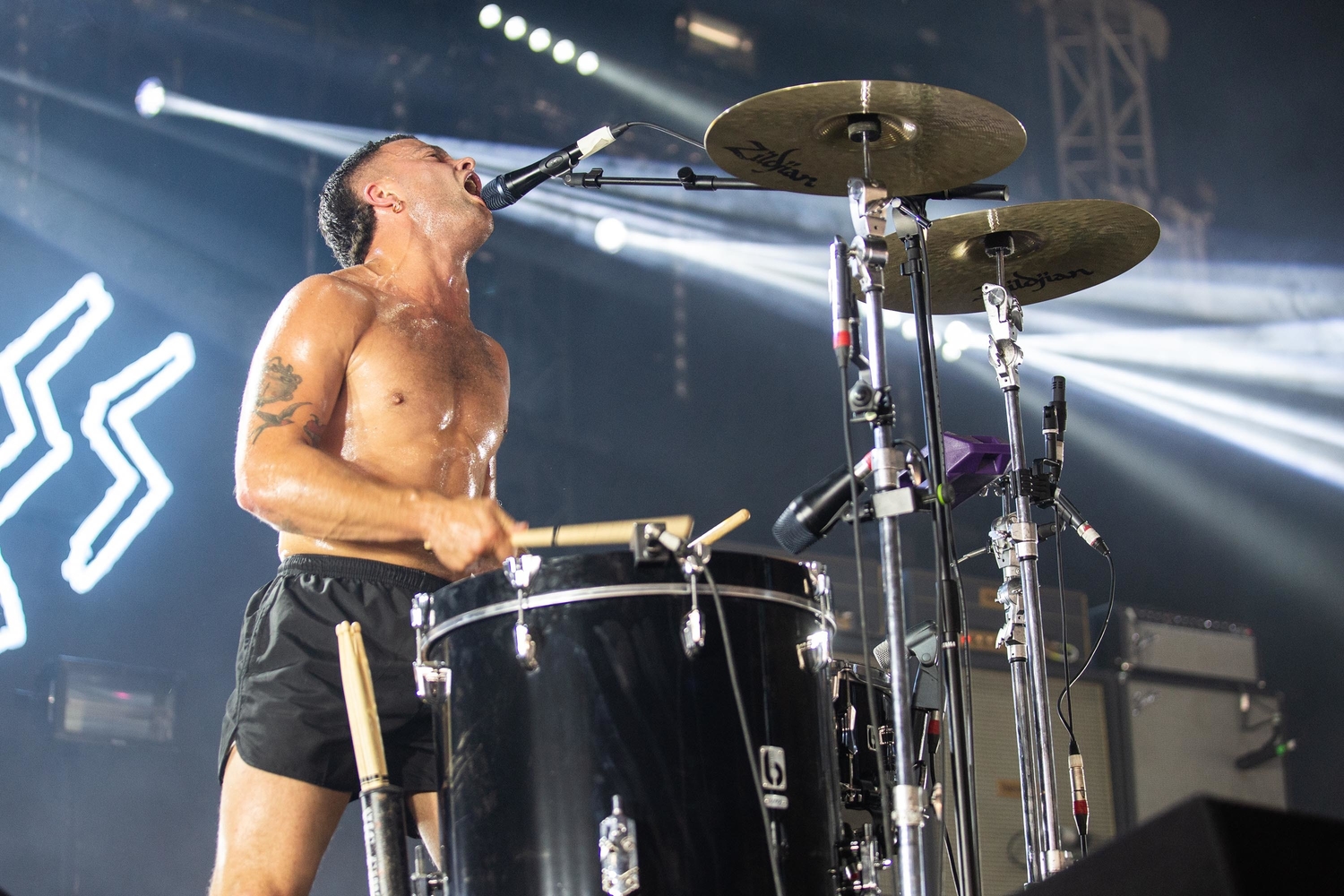
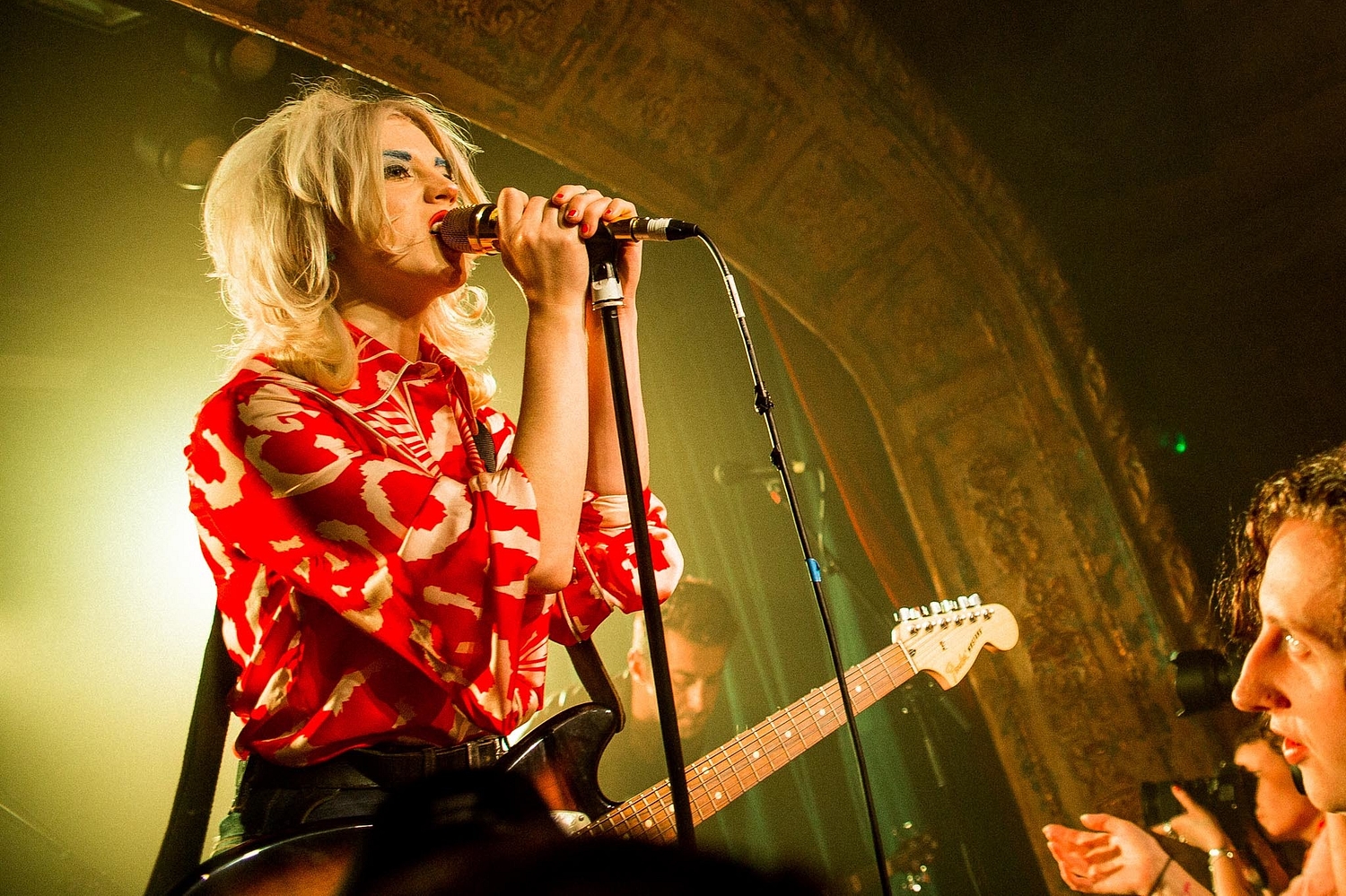
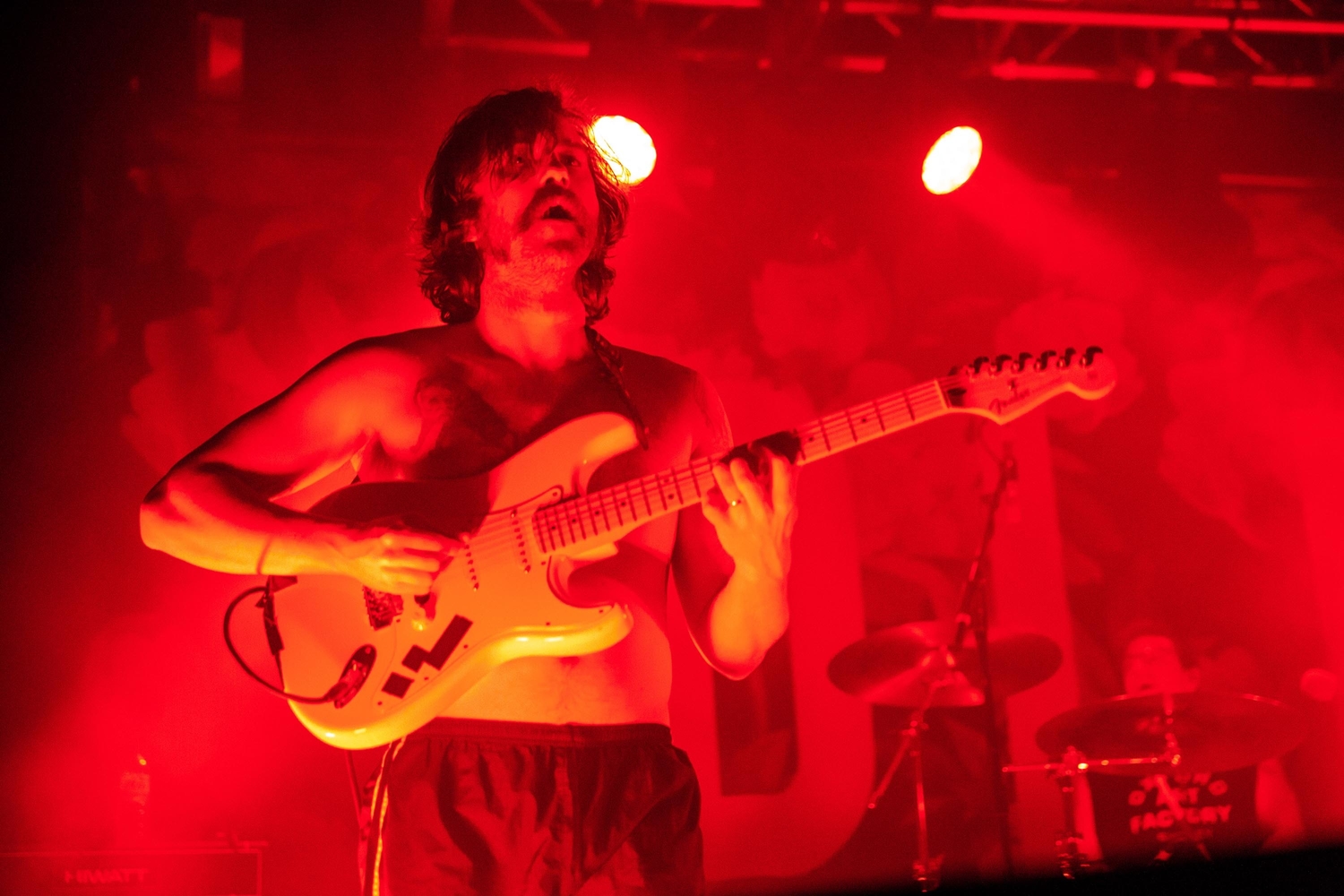
Records, etc at

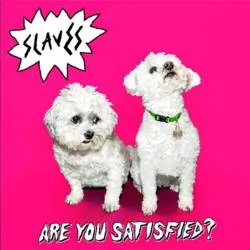
Slaves - Are You Satisfied? (Vinyl LP)
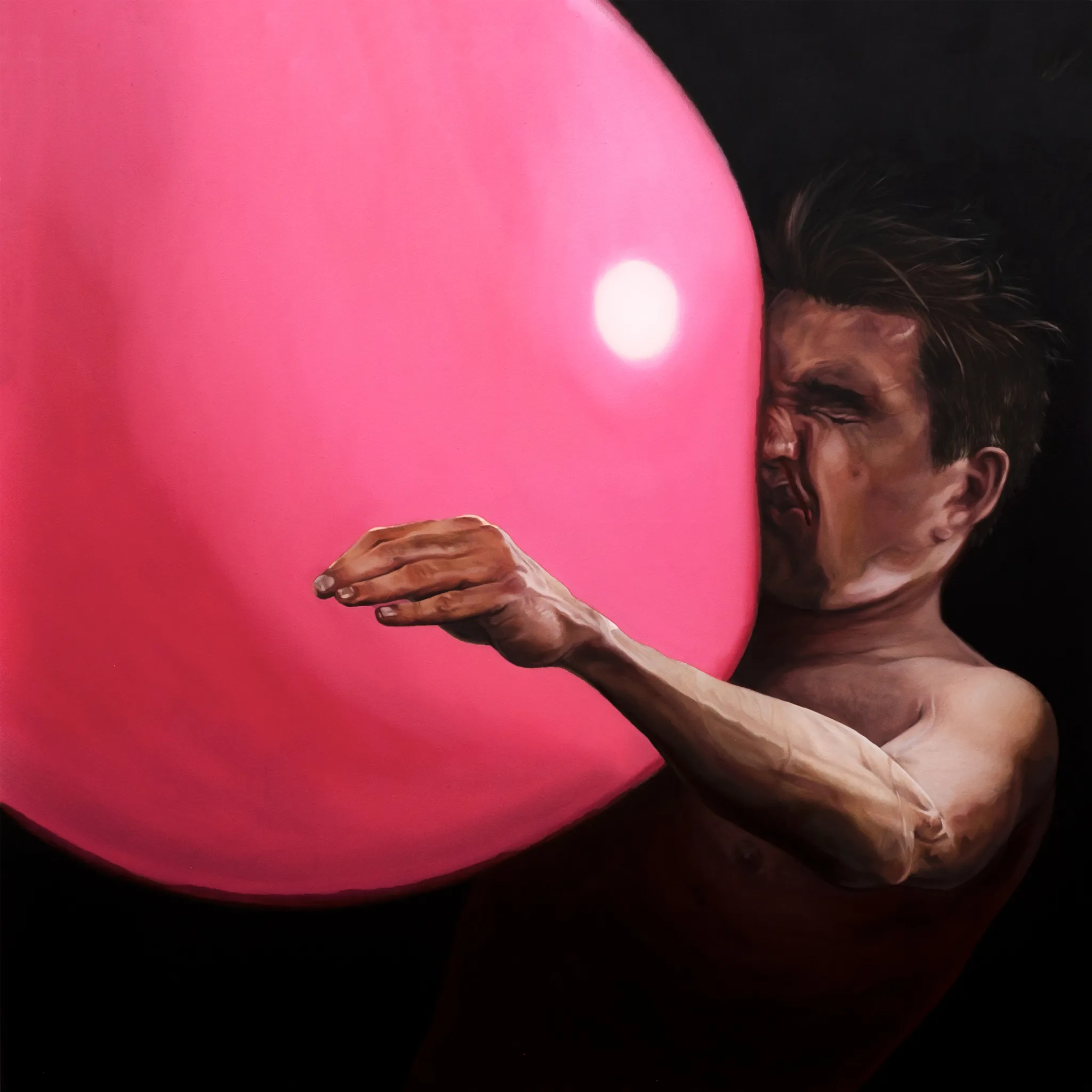
IDLES - Ultra Mono (Vinyl LP - black)

IDLES - Ultra Mono (Vinyl LP - black)
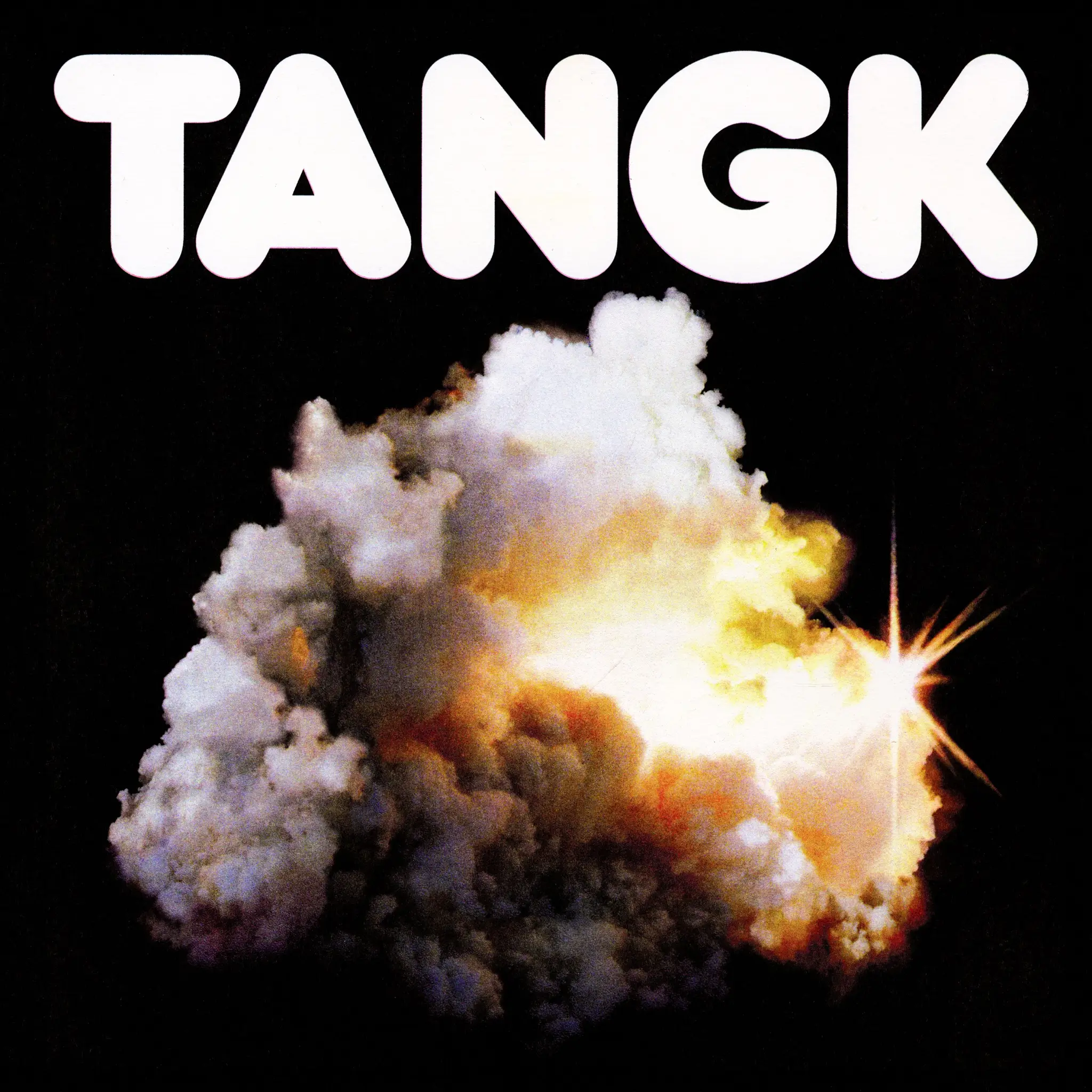
IDLES - TANGK (Vinyl LP - pink)

IDLES - TANGK (Vinyl LP - yellow)

IDLES - TANGK (Vinyl LP - orange)
As featured in the June 2020 issue of DIY, out now.
Read More
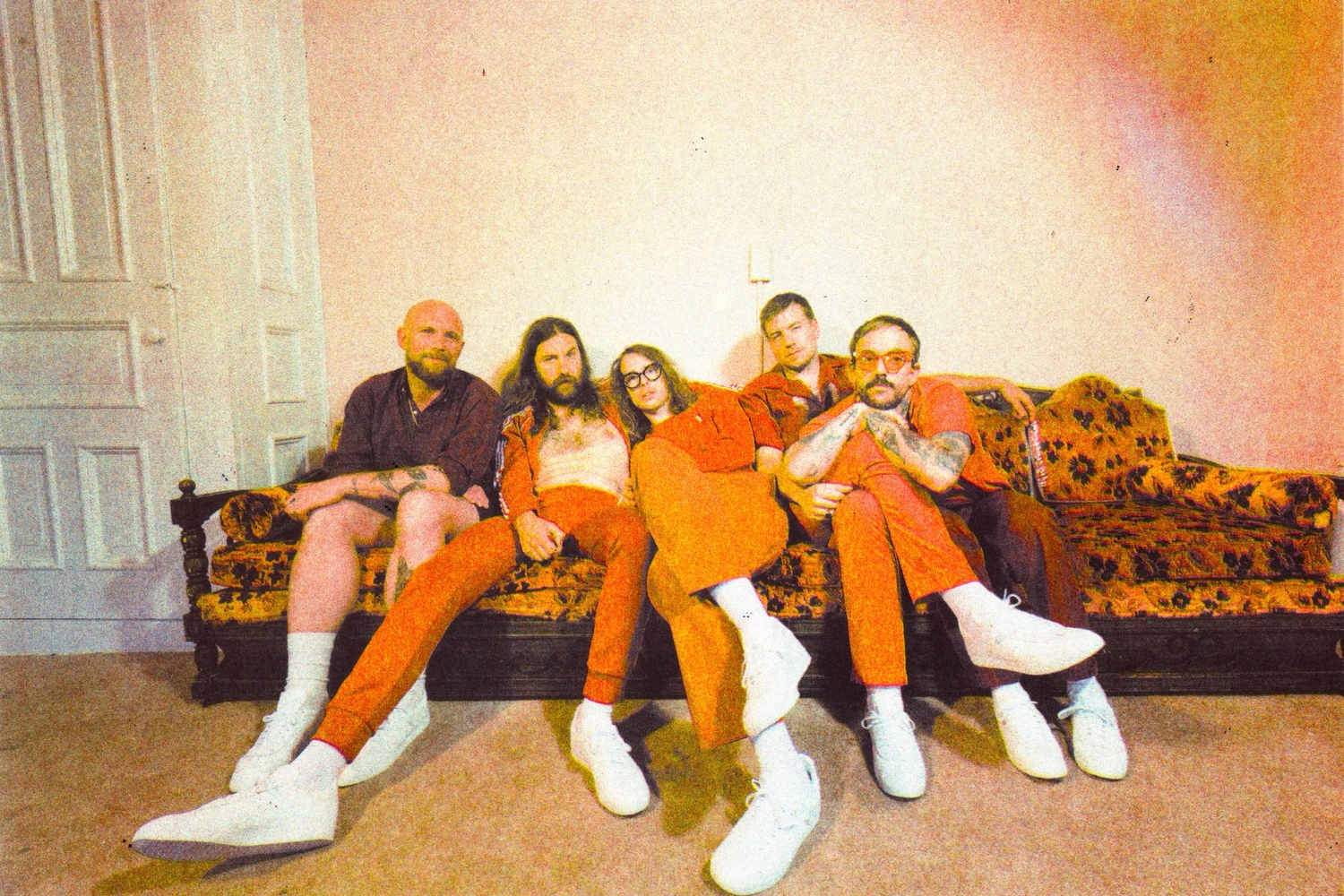
IDLES share video for ‘TANGK’ track ‘POP POP POP’
The band will headline Glasto's Other Stage in June.
18th April 2024, 1:48pm
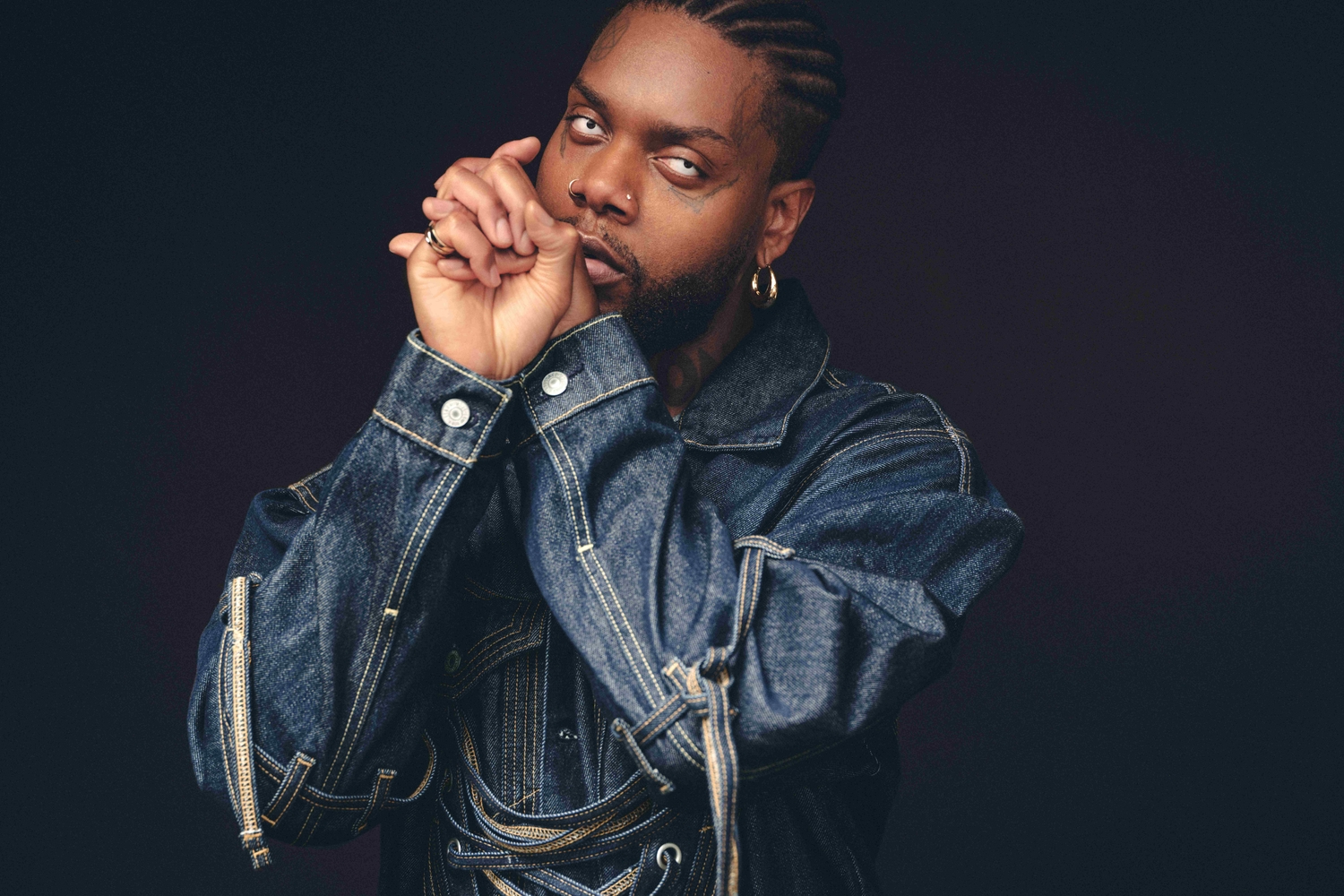
Flow Festival Helsinki unveils serpentwithfeet, Nabihah Iqbal, KOKOKO! and more for Balloon 360° stage
They'll join the likes of Pulp, Fred again.., The Smile and Jessie Ware in Finland this August.
27th March 2024, 2:00pm
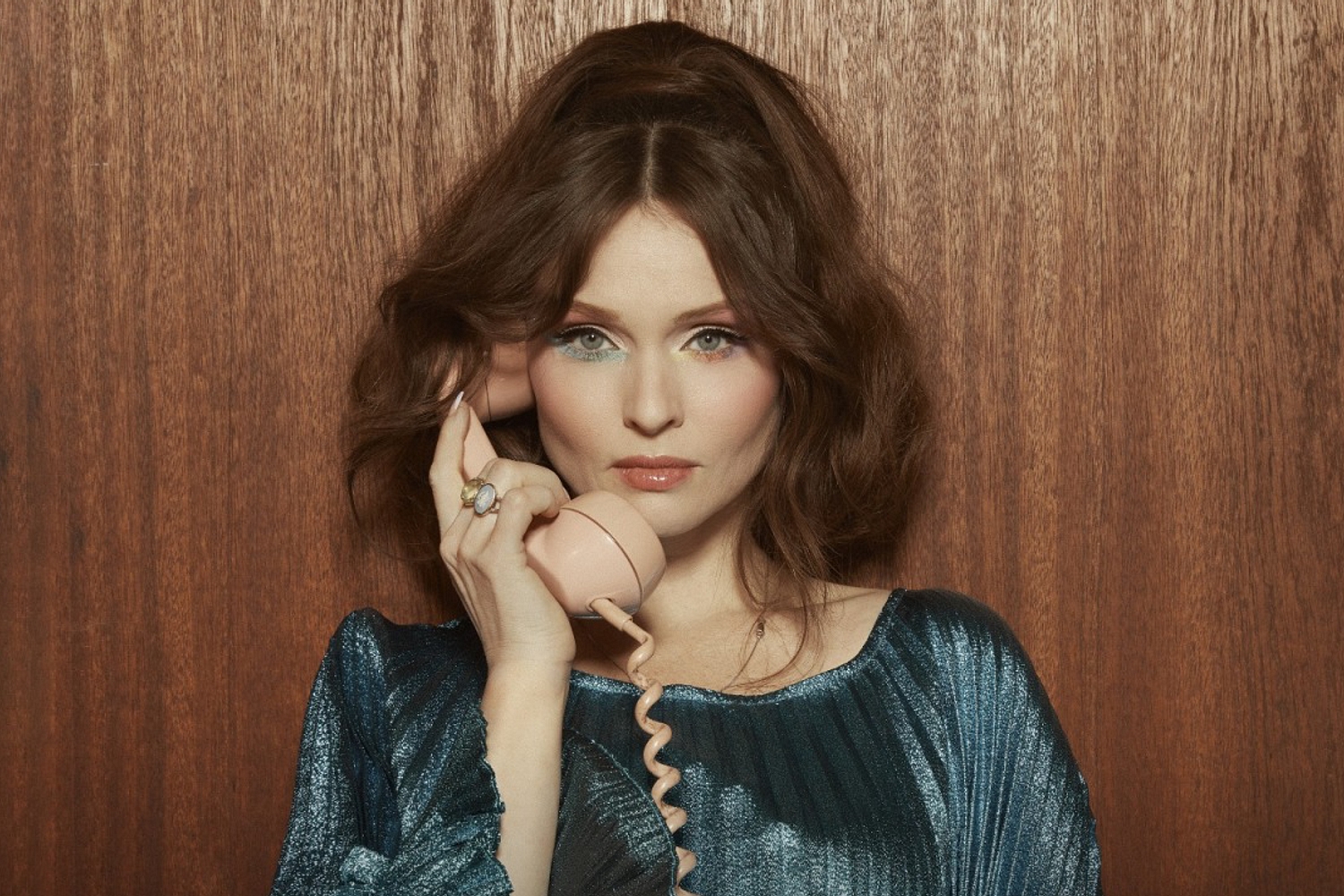
Sophie Ellis Bextor, Heartworms, Personal Trainer and more confirmed for Truck 2024
Jamie T, Wet Leg, and The Streets are set to headline this year's Oxfordshire knees up.
7th March 2024, 6:05pm
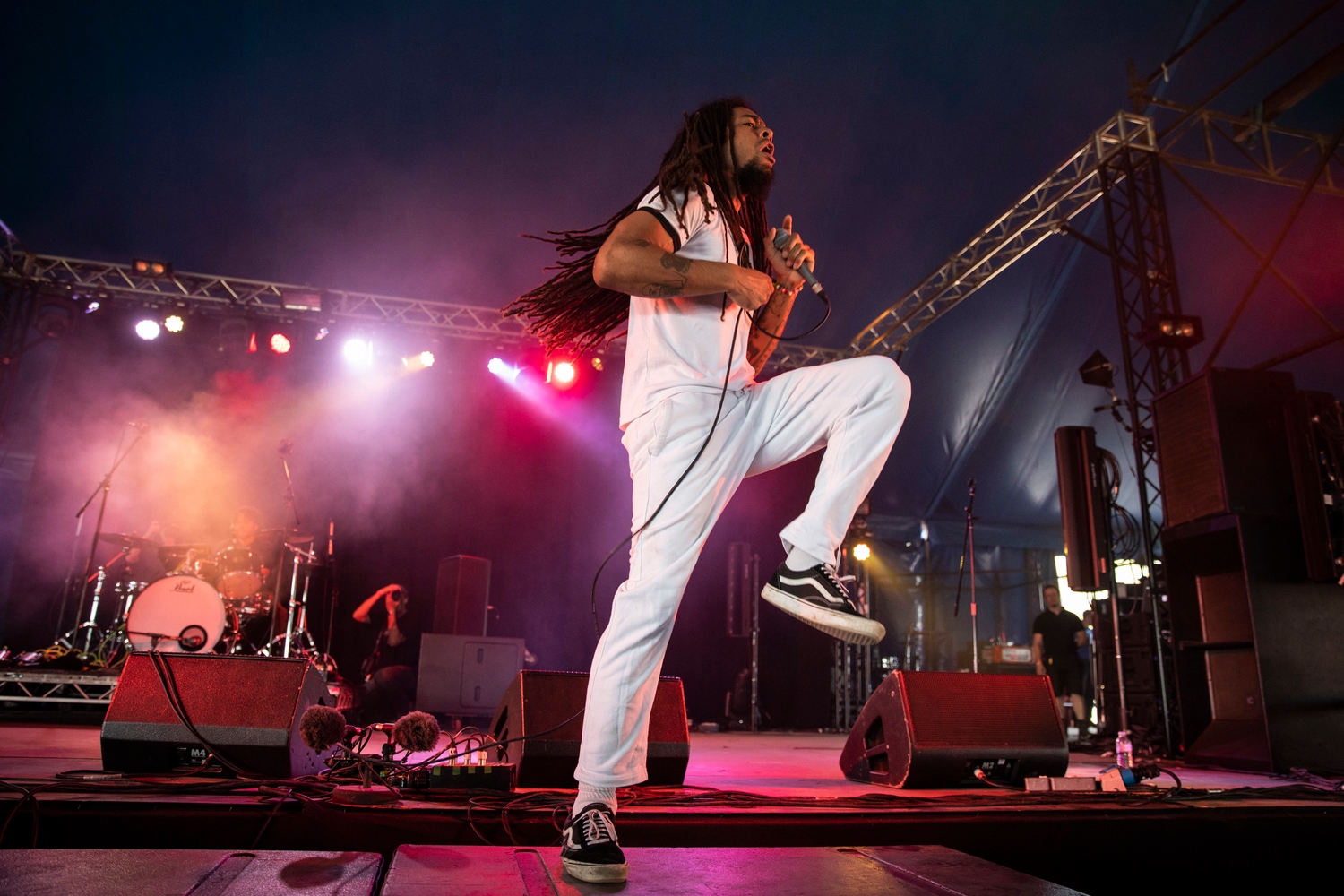
2000trees Festival adds Bob Vylan, Don Broco, Frank Turner and more to 2024 lineup
They join the likes of Manchester Orchestra and The Gaslight Anthem at Upcote Farm this summer.
7th March 2024, 11:30am
With Bob Vylan, St Vincent, girl in red, Lizzy McAlpine and more.
